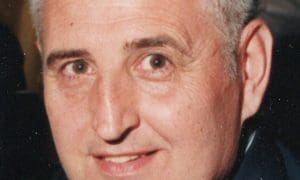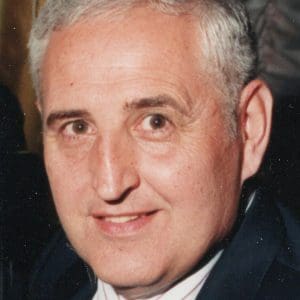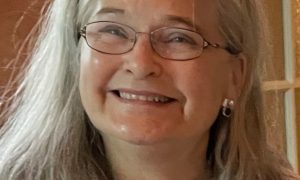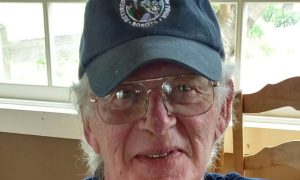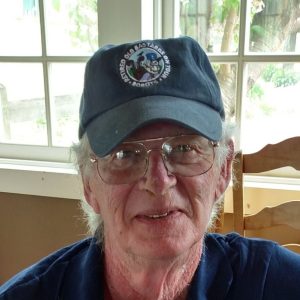 David was in the dark, in his brother’s back laundry room, with the door closed. He lay on the mattress on the floor, near the dryer, under a sheet. His sister-in-law said this would be his last night there, but she’d been saying that for four nights, so David figured there was a good chance he could stay tonight, too. She didn’t want him here all day, though. So tomorrow David would have to figure out where to be all day long.
David was in the dark, in his brother’s back laundry room, with the door closed. He lay on the mattress on the floor, near the dryer, under a sheet. His sister-in-law said this would be his last night there, but she’d been saying that for four nights, so David figured there was a good chance he could stay tonight, too. She didn’t want him here all day, though. So tomorrow David would have to figure out where to be all day long.
But that was tomorrow. Right now, he was planning on staying here, with the sheet pulled over his head. In fact, this seemed like a good long-term plan. Outside of the sheet, they knew about him. They knew how David had lost the ability to see his son when his two year old found one of his needles and he wasn’t able to pass any urine screens. His family knew it must have been he who had stolen their mother’s heirloom jewelry. His wife, well, soon to be ex-wife, knew for certain it was he who had emptied their savings and withdrew her retirement funds to keep paying for the heroin David had started to use after his prescription for his painkillers ran out following his back surgery.
Everyone at his old job knew what had happened. A Manager. A Family Man. From a Good Family. He’d thrown it all away, they said. So selfish.
Earlier today, David had spoken to Tom, this guy from the Carson Center in Ware. David didn’t want to talk to Tom, but his brother had insisted. He didn’t need someone to tell him he’d destroyed the life he had. He knew that already. But Tom didn’t say that. Tom told him he’d been in there himself, and that there was a way back. That he could get a life back, that he could be free again. He also said that this addiction was not a lack of willpower, or a personal failing of character—it was more like a brain condition. A brain condition?
Tom said the Carson’s program for addictions was starting next week, and that he’d talk to him tomorrow more about this brain condition idea. If that were true, thought David, it wouldn’t give him back his old life. It wouldn’t make his mother trust him, but it could mean he could stay here a little while longer. It could mean there was someone who wasn’t so angry with him right now. It could mean there was something outside of this laundry room floor, outside of this old sheet. He had Tom’s number in his cellphone next to him on the floor. Tom said if he didn’t hear from David in the morning, he’d call him. All he had to do was pick up the phone.
David thought about that as he drifted to sleep. He could pick up the phone. He could do that. He didn’t even have to get out from under the sheet to do that.
By JAC Patrissi

